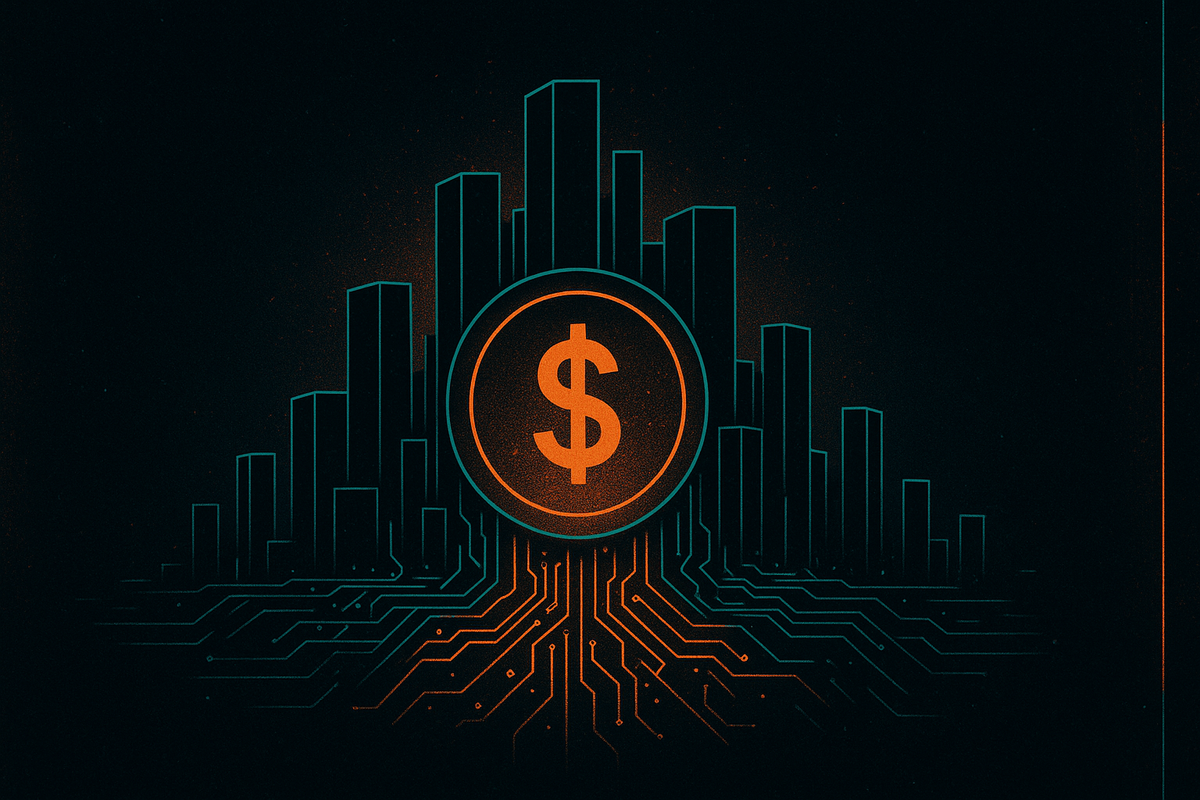Are Billionaire's a Threat to Decentralization?

If we believe in decentralization, not just as a slogan, but as a foundational layer, then we need to talk about billionaires.
Not to punish success. But because concentrated power is centralization, and that power grows exponentially squeezing out middle class and working class people.
A Thought Experiment
Would you be okay with one person or a small handfull of people owning all the wealth in one country or even one rural county?
Let’s take it all the way there. A single private key or a multisig holding every token, every deed, every productive asset. Everyone else doesn't even get a wallet.
Most people, libertarians, anarchists, communists alike, would say that’s a broken system.
So if total concentration is bad, the real question isn’t whether wealth concentration needs limits. It’s how we design those limits fairly, transparently, and voluntarily without falling into the same coercive traps we’ve seen from governments around the world.
Billionaires Are Governments Without Elections
A billionaire today has:
- More power and leverage than many nation-states
- Direct ownership or influence over media, supply chains, political parties
- No real check or balances as they operate behind corporate veils and offshore accounts
That’s not decentralization. That’s monarchy with more bandwidth.
And in parallel societies networks built on consent and voluntary participation we have to decide:
How much centralization of ownership are we willing to tolerate before the system fails the authoritarian vibe check?
A Thought Experiment: The $1 Billion Finish Line
Imagine a parallel society with zero taxes, up to your first billion.
Get rich. Build. Keep every sat.
But once you hit that billion-dollar mark? The system flips:
Everything over a billion gets routed back to shared infrastructure, community goods, or permissionless R&D.
Not because the mob takes it.
But because you agreed to the rules of the game when you joined the network. Because you have a real sense of ownership in it, and you voluntarily want to associate with it.
It’s wealth decentralization as a feature, not a bug.
A protocol limit to prevent social 51% attacks. A firebreak to keep the system anti-fragile.
Opt-In Systems, Not Top-Down States
In the age of parallel societies and sovereign individuals, people move.
Jurisdictions compete. Tax havens beckon.
But even capital has to live somewhere.
Land, data centers, energy grids, and human talent don’t teleport.
So the question becomes:
Can we build jurisdictions and communities where contributing is actually a win-win?
Where parking your wealth means uplifting the ecosystem, not strip-mining it?
From Extraction to Alignment
Decentralization isn’t just about distributing servers.
It’s about distributing power.
That includes economic power.
That includes designing systems where the incentives align between the successful and the rest of the network.
The Game Isn’t Broken - It Was Built This Way
Here’s the kicker: the game we’re playing isn’t broken. It’s doing exactly what it was designed to do.
The original version of Monopoly, The Landlord’s Game, wasn’t meant to glorify real estate empires. It was invented by a Quaker named Lizzie Magie to teach the dangers of concentrated wealth and land ownership. It was a warning. A simulation of how power consolidates unless we deliberately stop it.
And now we’re replaying that same game at planetary scale—only with DeFi, DAOs, and AI-enabled capital acceleration thrown into the mix.
If you haven’t seen it yet, go watch Gary Stevenson’s breakdown of what’s happening to our economies. The former trader turned whistleblower shows how wealth extraction works in the real world—not as a conspiracy, but as a deeply boring, mathematically inevitable process.
▶️ The Squeeze Out – Gary Stevenson explains Compounding Inequality
What he’s describing isn’t capitalism or socialism. It’s entropy—the natural consequence of rules left unchecked.
So if we really believe in decentralization...
If we believe in opt-in societies, voluntary contribution, and exit rights...
Then we need to ask ourselves: what are the rules of the game we’re building now?
Are we building firewalls against monopoly?
Or just re-skinning the same game?
Let’s get real: you don’t beat Monopoly by playing harder. You beat it by flipping the board over and deciding together how to build something better.
Something fairer.
Something freer.
Something that doesn’t need billionaires to keep it running—because it was never meant to make billionaires in the first place.

